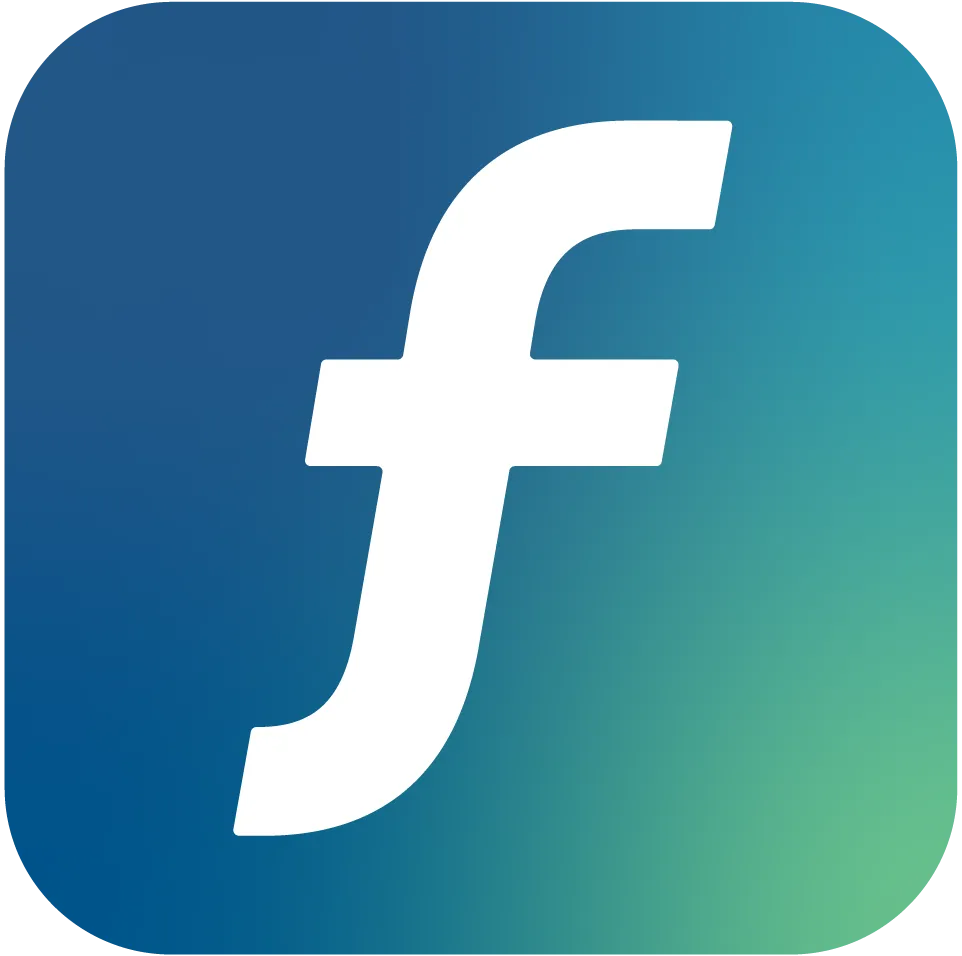Composers cry foul as their notation software is stopped
NewsThe Finale technology has made this announcement:
– There will be no further updates to Finale, or any of its associated tools (PrintMusic, Notepad, Songwriter)
– It is no longer possible to purchase or upgrade Finale in the MakeMusic eStore
– Finale will continue to work on devices where it is currently installed (barring OS changes)
– After one year, beginning August 2025, these changes will go into effect:
– It will not be possible to authorize Finale on any new devices, or reauthorize Finale
– Support for Finale v27 or any other version of Finale will no longer be available.
For a limited time, users of any version of Finale or PrintMusic can purchase Dorico Pro for just $149 (retail price $579).
Composer responses on social media range from outrage to despair. ‘A bummer for many of us,’ is one of the milder comments.






Comments